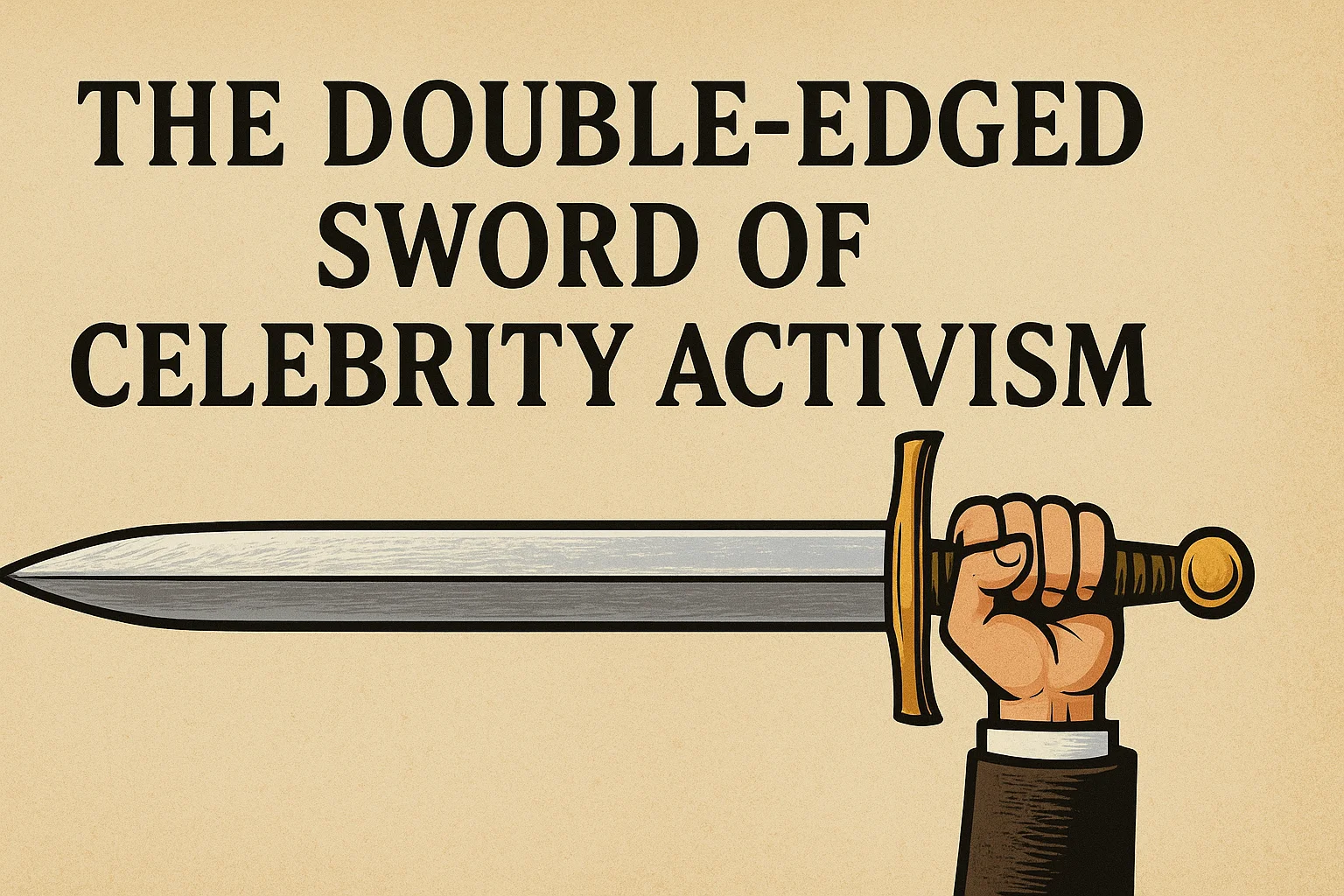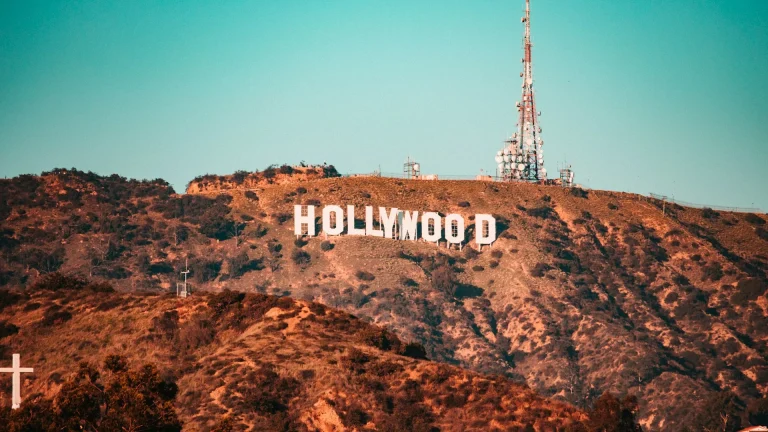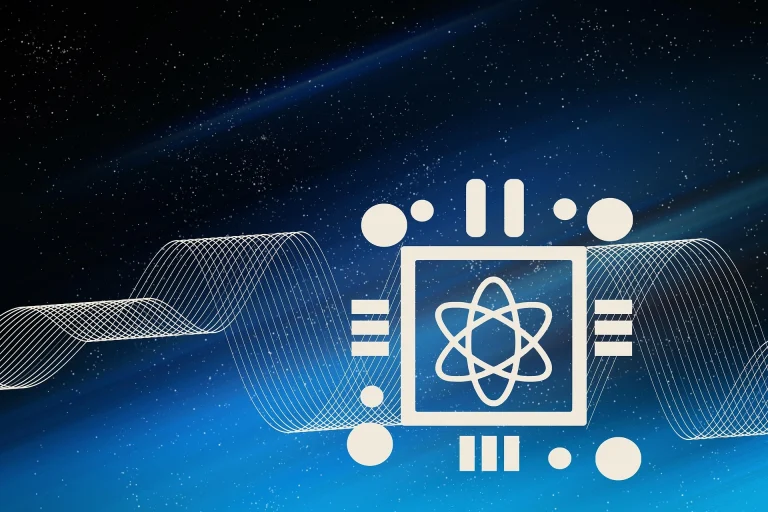
The Double-Edged Sword of Celebrity Activism
1. The Rise of Voices Offstage
Celebrities can now be found in more places than just on red carpets and on TV. They use their platforms to talk about unfairness in the world and how to fix it. They have an effect on more than just entertainment; they also have an effect on things like climate change and racial equality. On social media, people can hear their voices much faster than through any other channel. A single tweet can cause anger or awareness in just a few seconds. These days, people expect celebrities to act morally. In a society that is connected, silence is often seen as agreeing with something. Celebrities now include activism as part of who they are. But campaigning based on celebrities has the same weight and effects. Celebrity activism is changing how people think about power and responsibility.
2. The Power of Influence in the Digital Age
Today’s stars can reach more people than ever before through digital networks. Because they have millions of followers, every post they make could become activism. Cause endorsements get more attention than news stories that are breaking. Social media makes advocacy a movement that is easy to join and spread. Fans try to live up to the values, purchases, and even political choices of their idols. This effect also affects how people act, what policies are made, and what culture is like. But the same amplification makes every mistake and contradiction stand out even more. The internet never forgets when people act like they care or are hypocritical. One careless comment can undo years of work. In this digital age, having power can be both good and bad.
3. When Passion Meets Public Criticism
Celebrity activism often leads people to make quick and harsh judgements. People often question celebrities’ motives, honesty, and real understanding of things. When it comes to public issues, being real is more important than doing well in performances that are meant to get attention. People on the internet are quick to criticise celebrities when they say something stupid. Critics say they simplify complicated topics to get more attention or make them seem more important. We carefully examine each goal to judge its honesty and purpose. If a goal involves making money or building a brand, people even question genuine efforts.
Activism becomes a balancing act between changing how people see things and doing good. Public inspection encourages accountability, but it also makes people afraid to speak out. True passion can only last if you are prepared, humble, and honest.
4. The Fine Line Between Performance and Advocacy
Being truly active takes more than just being seen. Celebrities may support causes more for show than out of concern. They are temporary and shallow, like clothes that people wear to show their activism. These staged gestures water down real movements. Images from campaigns replace real-life experiences and community knowledge. The media often praises looks over real results. People who support the cause start to wonder who benefits more—the celebrity or the cause? Not just trendy hashtags, but long-term engagement is needed for real change. Activism that is done has the potential to turn justice into fun. To go from performance to purpose, consistency becomes the measure of truth.
5. Social media: a tool that can be helpful and harmful
Social media lets you talk to millions of people directly. It changes personal beliefs into statements of principle. But the same sites can also make people angry and spread false information. A single post can make someone angry or inspire them in just a few seconds. Algorithms prefer emotional content over information that is subtle and well-informed. Catchphrases and pictures are used to sum up activism. The medium often makes the message less clear. Celebrities run the risk of being misunderstood or having their words twisted. Digital activism can raise awareness, but it doesn’t always have a lot of substance. Context and clarity are very important in the age of social media.
6. Authenticity: The Importance of Modern Activism
Celebrity activism is only interesting if it is real. People like people who are honest, open, and sure of what they know. People trust celebrities more when they talk about how their personal lives are connected to the causes they support. When there is honesty, followers become friends instead of customers. People get tired and empty from performative activism. Fans can tell right away when someone is trying to be serious. Being real makes friendship, trust, and lasting relationships all stronger. People respect celebrities who work together, learn from each other, and listen to each other. True advocacy is based on humility, not on getting attention. The most important thing activism can do in this day and age is to be real.
7. The Work of Getting Up
For a lot of famous people, being active in politics has become a good way to build their brand. Campaigns, products, and endorsements all link marketing to ethics. The “Woke” image helps build partnerships and get people to like you. But making money off of activism can change what it was meant to do. When causes are turned into goods, sincerity is lost. Companies use social justice to make more money and get more attention. In the end, audiences can tell when charity becomes business. Marketers who used to be activists could upset real supporters. The woke movement shows how capitalism controls people’s morals. For true advocacy to keep its integrity and credibility, self-sacrifice is more important than self-promotion.
8. The Privilege of Celebrity Activism
Fame gives people access to platforms that regular campaigners don’t have. Celebrities can easily get in touch with the media, the public, and lawmakers. But privilege affects how people understand their messages. People from underrepresented groups often don’t get heard, in addition to famous people. Celebrities who mean well can unintentionally overshadow grassroots efforts. People who are well-known sometimes forget about those who are struggling every day. Privilege requires accountability instead of dominion over discourse. Celebrities should help local voices instead of taking their place. When privilege grows instead of shrinking, group activity thrives. The challenge is finding the right balance between respect and limits, as well as between attention and togetherness.
9. The Cost of Speaking Up and Getting Back at Someone
Even famous people can be in danger if they tell the truth. If you speak out against unfairness, you might lose supporters or get threats. Having strong opinions about politics or culture can quickly end a career. When opinions go against the norm, sponsors quickly pull away. People who don’t like them call them attention-seekers, extremists, or opportunists. Staying quiet also carries a moral cost. Their stories show how society is becoming more intolerant and divided. Courage is often more costly than acclaim or recognition. Celebrities who are activists have to deal with both love and hate at the same time. We can distinguish authentic changemakers from performative voices by their genuine conviction. Being honest in activism means more than just saying you agree or recognising it.
10. When activism shapes who you are
Some celebrities build their entire brands on activism. They closely tie their personal image to their campaigns. Both admirers and critics find them captivating. It could eventually cause authenticity and intention to become confused. Do they stay relevant or push for change? Public opinion often decides what the main story is. Because they are always in the public eye, they feel like they have to say something about everything. When pushed, activism changes from something you care about to something you do. True identity should be based on consistency, not anticipation. When activism is what makes you who you are, balance is the hardest virtue to keep.
11. The Good Things That Ripples Do
Even though there are some contradictions, celebrity advocacy brings people from different backgrounds and beliefs together. They highlight problems that others might have overlooked. Celebrity endorsements can lead to a big rise in donations and participation. They make previously unaware or unconcerned people start worrying. Celebrity involvement helped movements like #MeToo and climate justice get more support. Celebrities give political support and cultural bridges to causes that don’t get enough attention. Even activism that doesn’t work can lead to smart public debate and learning. Visibility has a chain reaction that affects awareness, empathy, and engagement. When done with sincerity, celebrity activism can still be a powerful force for change in the world.
12. Taking on More Responsibilities as We Move Forward
Celebrity advocacy needs to be more than just publicity and catchphrases. We should mark the next step with responsibility, teamwork, and learning. Instead of drowning out grassroots voices, stars should lift them up. Working with communities and experts makes causes more real. Being honest and clear about your goals builds trust and understanding. Future activists should base their success on the impact they make, not on the praise they receive. Social change happens when people take action and care about others. Responsibility turns influence into a lasting legacy. In the age of awareness, accountability is what makes something relevant. For a responsible future, celebrities need to be less flashy and more useful.
In conclusion
celebrity activism is both a contradiction and a catalyst. It shows how weak public virtue is while also inspiring millions. Fame amplifies messages, but it often obscures meaning and intentions. For true advocacy, you need to be humble, educated, and stable over time. When empathy replaces self-serving visibility, social progress thrives. Celebrities should help real voices instead of controlling conversations. The future of activism depends on making a difference, not on how well it works. Accountability should replace applause as a measure of impact. When honesty guides influence, movements really start to gain traction. Celebrity advocacy changes from a show to a big part of society’s history in that balance.

I’m a passionate blogger and senior website developer with an MPhil in Computer Science, blending technical expertise with a deep appreciation for the art of storytelling. With advanced knowledge of English literature, I craft content that bridges creativity and technology, offering readers valuable insights and engaging narratives. Whether building dynamic websites or exploring thought-provoking ideas through my blog, I’m driven by a commitment to innovation, clarity, and impactful communication.












